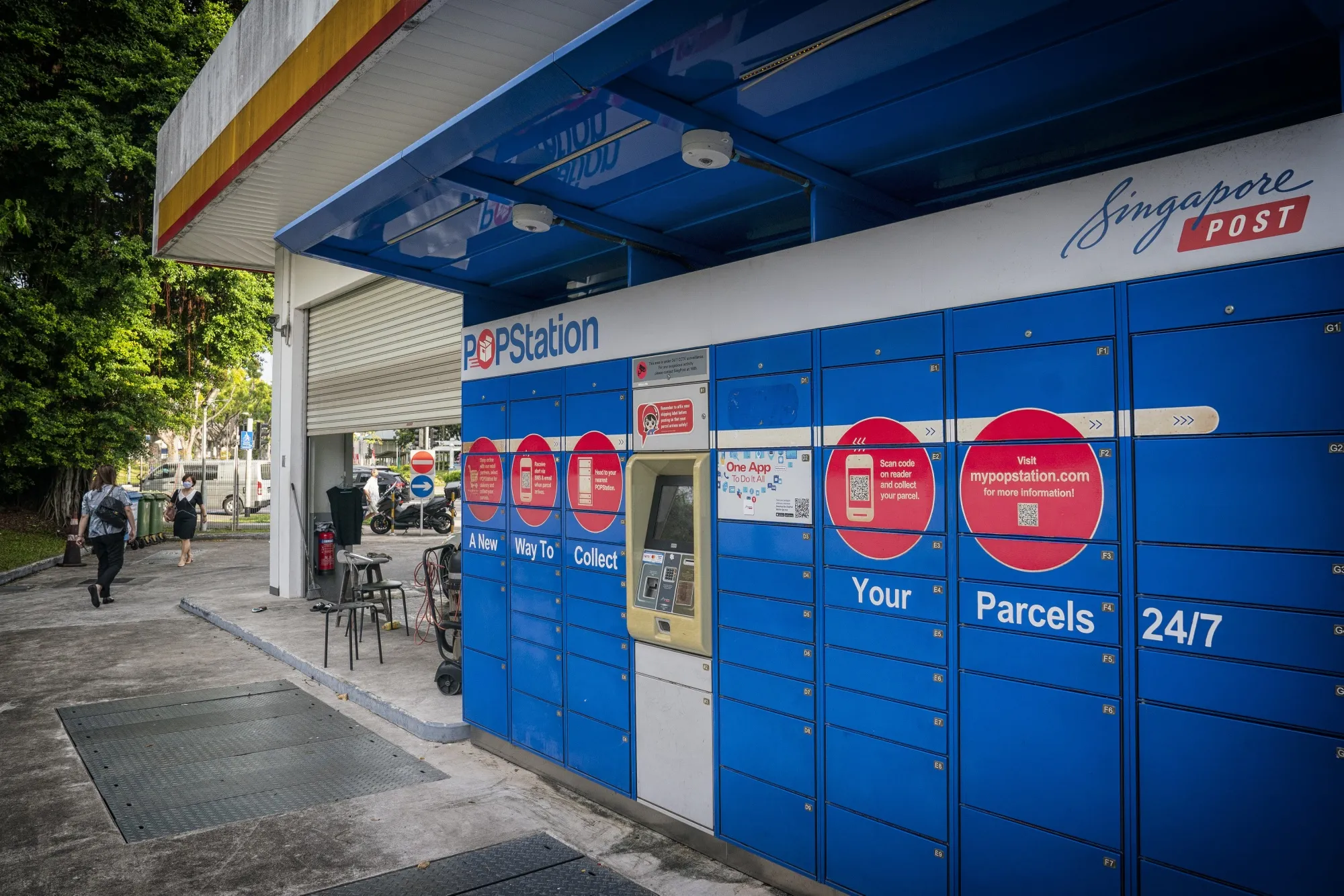Singapore Post reports sharp profit decline in H1
Singapore Post (SGX:S08) H1 underlying net profit fell 78% due to rising costs and a 63% drop in cross-border e-commerce volumes, signaling structural shifts in regional logistics and affecting SGX sentiment.

Singapore Post (SingPost) has reported a significant drop in its half-year profitability, confirming the structural challenges facing legacy logistics operators amid a shift in regional e-commerce dynamics and persistent cost inflation. The results underscore the need for accelerated transformation within the broader Singaporean transport and logistics sectors, which are vital components of the city-state's trade-sensitive economy.
Net profit for the half-year (H1 FY2026, ended September 30, 2025) fell by 17.1% year-on-year to SGD 18.4 million (or a sharp 78% decline in underlying net profit to SGD 5.5 million, adjusting for divestments), driven by a severe 63% year-on-year decline in cross-border e-commerce delivery volumes. This profitability collapse occurs against a backdrop of modest national economic expansion; Singapore’s broader GDP growth remains steady but slowing at 2.9% year-on-year in Q3 2025, with the wholesale & retail trade and transportation & storage sectors collectively expanding by only 2.5%, reflecting the headwinds from regional supply chain adjustments and a general slowdown in global trade.
Mechanically, SingPost’s challenges are a consequence of both competitive pressures from regional logistics players and a fundamental evolution in consumer behavior, demanding faster delivery with reduced tolerance for delivery costs. While the company retains a dominant advantage in domestic postal networks and last-mile infrastructure, margin pressures are evident across the core logistics and letters segment, which posted an operating loss of SGD 4.4 million in H1 FY2026.
Despite a reduction in labor-related expenses (-10.9% y/y) due to organizational streamlining, the overall segment performance suffered from volume-related cost issues and the structural decline in traditional letter mail. The decline in profitability has immediate implications for shareholders, with SingPost’s stock (SGX:S08) being affected post-announcement, impacting overall index-level sentiment within the Singapore Exchange (SGX) transport and logistics segment.
From a macro perspective, this earnings signal underscores the limits of traditional logistics infrastructure in the face of rapid digitalization and fierce pricing competition, particularly from players like Lazada (BABA) and Shopee (SE). It is expected to accelerate internal pressures for industry consolidation or strategic alliances across the fragmented Southeast Asian logistics landscape.
Management is likely to prioritize diversification into higher-margin activities, such as advanced e-commerce fulfillment, specialized warehousing, and digital financial services integration. Government-backed incentives, specifically grants for automation, robotics, and cold-chain expansion, could serve as a crucial public-sector mitigation tool to reduce downside risk and support the required capital expenditure.
Forward risks involve continued global trade volatility, slower-than-expected e-commerce recovery, and sustained margin compression from competitive entrants. Key operational indicators to monitor include revenue per parcel trends, automation adoption rates across sorting facilities, and the effective reduction of the operating cost ratio. If management successfully implements its strategy of digital services expansion and deep cost discipline, the core logistics segment could recover to profitability by the second half of the 2026 financial year, with potential Earnings Per Share (EPS) stabilization near pre-announcement levels.





